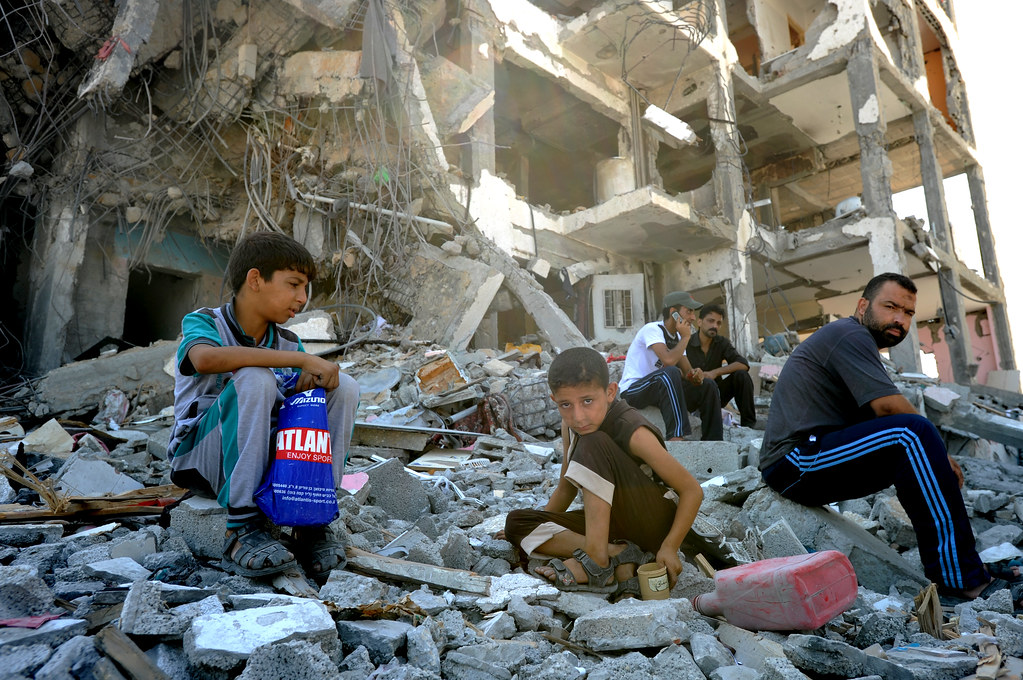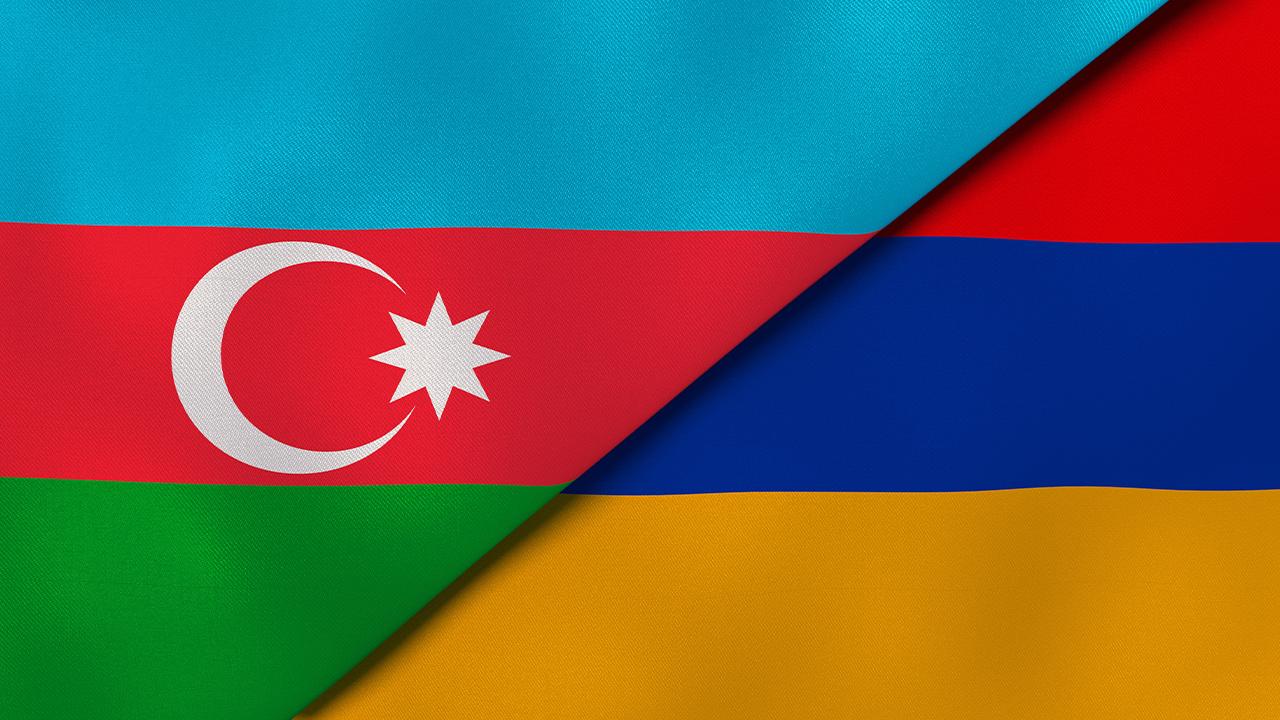FIFA World Cup Qatar:Politics Over Play
For what we Europeans have been doing for 3,000 years around the world, we should be apologizing for the next 3,000 years before starting to give moral lessons to people
FIFA President Gianni Infantino
The Position of the 2022 FIFA World Cup in the World Conjuncture
Football has never been just a game, since it was invented, football has become a game of passions, values and beliefs. But the 2022 World Cup has sparked more controversy than ever before.
At the heart of the argument of those who criticize Qatar hosting the cup is that Qatar’s beliefs, values and management style are not similar to those of the West. In other words, we see a reflection of the world’s developments and conflicts in football.
The rise of the East, especially in the last 10 years, is a sign of a transition to a new world order; this also explains the rising tension between the West and the East. We are experiencing a shift from a Western-centered unipolar world to a multipolar world. This transition, like all other transitions in history, will be shaky, fragile and dangerous. For instance, the main reason behind the tension between the US and China is this power transition.
At the same time, another reason for such an exaggerated reaction is that the new reality of the Middle East emerging from the Gulf is not ready to be accepted by the West. In this process, which started with the shift of power center in the region, the Gulf countries became one of the determinants of Middle East politics, the 2017 Abraham Accords serves to display their authority in the clearest way.

Hypocrisy and Double Standard
The west only became an active critic of Qatar once they were selected to host the world cup over Australia and the US, both western nations. Qatar’s LGBTQ and migrant workers policies have always existed; however, they were never criticized when Qatar was pouring billions of dollars in the West in the form of foreign investment or energy partnerships. This brings on the question of whether the debate is truly about human rights or about European countries, who view themselves as gatekeepers of global football, unable to stomach the fact that a Middle Eastern country is hosting this global event. To elucidate, this critique does not serve as an endorsement of the human rights policies enacted in Qatar; rather, it constitutes a condemnation of Western hypocrisy. The intensity of the criticism underscores a bias inherent in Western discourse, revealing a double standard and perpetuation of orientalist perspectives.
Criticism could only be welcomed upon self-reflection. Qatar is being criticized for their LGBTQ policies; however, it is important to mention that legislation regarding LGBTQ rights have only recently been introduced in Western nations. Moreover, many LGBTQ members still suffer from discrimination in western nations; the US has introduced 240 Bills last year against LGBTQ rights and gender-affirming care. As a candidate for the 2026 cup, no media outlet has demanded for the US to be stripped of their right to host due to their new anti-LGBTQ policies or worse yet, their abortion policies. In the case of the treatment of migrants, the West itself does not set a good example for the world. Let’s not forget that 27 migrants drowned to death in the English channel while France and the UK were occupied with arguing on who should take the responsibility of rescuing the sinking vessel of immigrants. The practice of separating migrant children from their parents is still taking place in the South border of the US. While the former PM of Denmark criticized Qatar openly, Denmark’s treatment of Syrian refugees is controversial for being inhumane.
There is evident hypocrisy with western countries encouraging their teams to protest against Qatar but will not tolerate any form of stance against their own injustices. Recalling the controversy that took place when Colin Kaepernick decided to take a knee in support for Black rights. Today in Qatar, the English team is taking a knee in the fields in opposition to Qatari policies; it is ironic that a country that has exited the EU to avoid the required migrant quota is taking a knee against migrant treatment.
The White Savior Complex
The recent conduct of the West is rife with manifestations of the white savior complex, wherein a purportedly enlightened Western entity seeks to rescue the ostensibly unenlightened Arab from a position of perceived privilege. Those who oppose the hosting of the World Cup in Qatar often advocate for ‘Western values’ rather than prioritizing the rights of the LGBTQ community and migrant workers. This rhetoric perpetuates an orientalist narrative, patronizingly suggesting that Arabs lack agency to effect change in their own foreign policy and necessitate Western intervention for advocacy. Such a notion is untenable, particularly in light of historical events like the Arab Spring and Iranian protests, which underscore the agency of local populations in driving change. If the West genuinely sought to foster positive influence, it would be more prudent to invest in and support local humanitarian organizations rather than seeking to tarnish Qatar’s image, a strategy that yields no constructive outcomes.
Conclusion
The opposition towards Qatar highlights western moral arrogance and self-righteousness. France has anti-islamic laws, the US has anti-abortion laws, the UK has invaded and terrorized more than half of the world, Canada and Australia have replaced indigenious peoples, Denmark has inhumane anti-immigrant laws, most of the African nations outlaw homosexuality, and China has been terrorizing Uyghur muslims. The point is that when morality is being debated, we could argue that no country is morally clean enough to host the world cup. The world cup is meant to unite the world over a passion for football and patriotism; politicizing the world cup only sucks the joy out of watching it.
Muhammed F. Cetinkaya & Rowa Kordi
Boston University Pardee School of Global Studies & Koç University




Comments